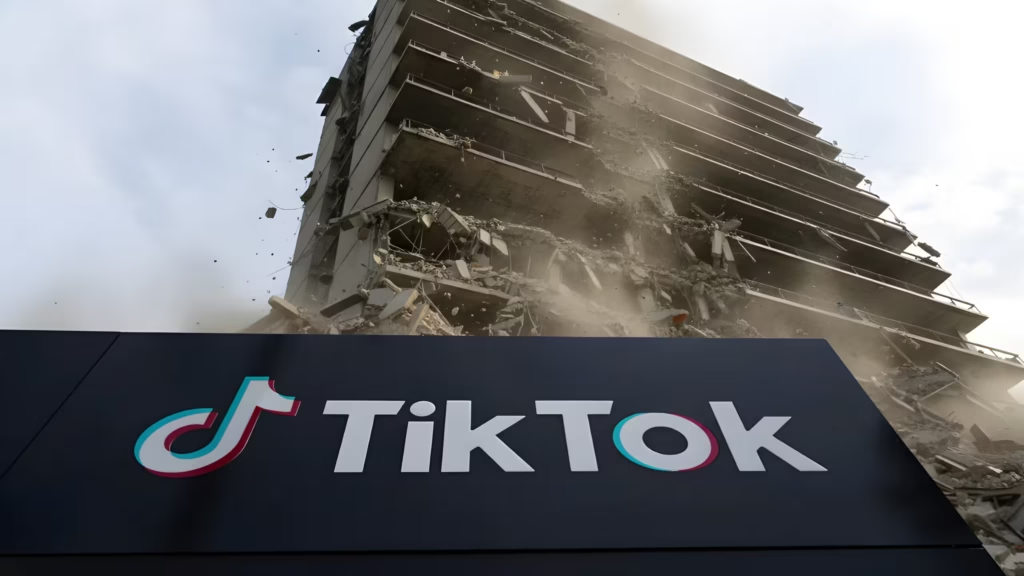President Donald Trump unveiled his shiny new “Golden Dome” missile defense plan on May 20, 2025, promising a sci-fi shield to zap missiles from the sky. Meanwhile, Elon Musk, the space cowboy with a knack for big contracts, was conspicuously absent from the White House spotlight but poised to rake in billions.
This Golden Dome, a $25 billion starter pack with a potential $831 billion price tag over 20 years, aims to fend off everything from ballistic missiles to rogue drones. Trump claims it’ll be ready by the end of his term, which is optimistic, considering the Congressional Budget Office thinks it’s more of a two-decade money pit.
Musk’s SpaceX, alongside pals Palantir and Anduril, is gunning for the “custody layer” gig—a fancy term for a satellite swarm that sniffs out missiles and maybe even shoots them down. With SpaceX’s rocket-launching prowess, they’re the cool kids at the Pentagon’s contract party.
The idea’s been around since Reagan’s Star Wars days, when missile defense was a dreamy $3 billion-a-year hobby. Now, it’s a $30 billion annual bash, with over $531 billion spent since 1962 on systems that mostly flopped.
Current defenses, like the 44 ground-based interceptors in Alaska and California, are so shaky that Lockheed Martin scored an $18 billion deal to build a new batch. Short-range rocket defenses work okay, but stopping a nuclear missile screaming across continents? That’s still a pipe dream.
Trump’s hyping this as a “super technology” fix, claiming near-perfect protection against hypersonic and cruise missiles. Scientists, however, are rolling their eyes, saying a barrage of missiles or cheap decoys could outsmart the system faster than you can say “budget overrun.”
For contractors like SpaceX, whether the Dome works is beside the point. The real jackpot is in the design and deployment contracts, potentially worth $6 to $10 billion just for starters.
Musk’s crew is pitching a satellite constellation—think Starlink, but with more missile-tracking swagger. They’re talking hundreds, maybe thousands, of satellites orbiting Earth, playing cosmic whack-a-mole with enemy missiles.
But here’s the kicker: SpaceX might want a subscription model, like Netflix for missile defense. The U.S. would lease Musk’s satellites, ensuring a steady cash flow for years, with Musk holding the remote control.
Forty-two congressional Democrats, including the late Rep. Gerry Connolly, sent a letter to the Defense Department’s acting inspector general, waving red flags about Musk’s cozy ties to Trump. They’re worried this is less about national security and more about padding Musk’s wallet.
The letter suggests Musk’s influence might be bending the contract process, raising ethical concerns about using public office for private gain. They’re not wrong to squint suspiciously—SpaceX’s bid seems to have a VIP pass at the Pentagon.
Some X posts are buzzing about this, with users calling it a “trillion-dollar funnel” for defense contractors. Others snark that Musk’s pitching a “paywall for national security,” which sounds like a dystopian app subscription.
The Golden Dome’s roots trace back to Reagan’s 1983 vision of a missile-proof roof over America. Spoiler: that roof’s been leaking for decades, with $453 billion spent on failed attempts to make it watertight.
Trump’s team, including Defense Secretary Pete Hegseth and Space Force General Michael Guetlein, insists this time’s different. They’re banking on Silicon Valley smarts and existing tech to make the Dome a reality by 2029.
China’s not thrilled, warning that this could spark a space arms race and turn orbit into a battlefield. They’ve got a point—stuffing space with weaponized satellites might not scream “global harmony.”
For Musk, this is less about saving the world and more about a galactic payday. SpaceX’s rocket-launching empire is perfectly positioned to haul these satellites into orbit, making them the belle of the defense ball.
The Pentagon’s already chatting with SpaceX, Palantir, and Anduril about building this cosmic shield. Reports hint these talks are less “standard procedure” and more “let’s make a deal with Elon’s buddies.”
Democrats are particularly miffed about the subscription model idea, fearing Musk could pull a Ukraine-style stunt, flipping the switch on satellite access at his whim. That’s a lot of power for one guy with a Twitter account.
The whole setup feels like a cosmic version of a used car lot, where the pitch is shiny, the price is steep, and the product might not even start. Contractors get paid either way, so the hustle’s real.
Trump’s claiming Canada’s interested in joining the Dome party, which sounds like a polite neighbor nodding along to a wild idea. No confirmation from Ottawa, though, so maybe they’re just being Canadian-nice.
The Congressional Budget Office’s $831 billion estimate makes Trump’s $175 billion claim look like pocket change. That’s a lot of taxpayer dough for a system that might just be a fancy light show.
Musk’s been quiet lately, dodging the D.C. spotlight and claiming he’s cutting back on political spending. But his companies are still front and center, ready to cash in on this golden opportunity.
X users are split—some see this as Musk’s latest genius move, while others call it a taxpayer-funded boondoggle. One post even joked it’s “Star Wars, but with extra glitter and a Musk logo.”
History shows missile defense is the gift that keeps on giving—for contractors. The Pentagon’s been chasing this dream for 60 years, and it’s yet to deliver anything close to foolproof.
If SpaceX lands this deal, it’s a win for Musk’s empire, but the jury’s out on whether it’ll actually keep missiles at bay. For now, it’s a high-stakes game of satellites, contracts, and cosmic bravado.












Leave a Reply